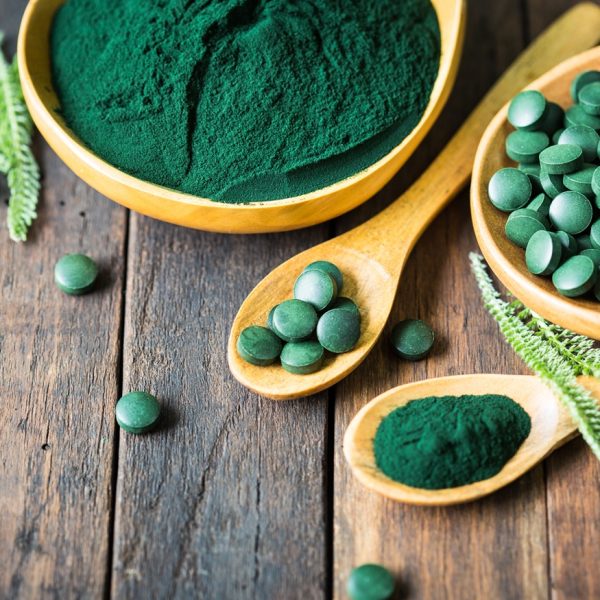Candida can become overgrown in individuals with a compromised immune system. The yeast infection candida affects the skin and digestion.

Understanding candida
The most common cause of fungal-based conditions is infection with the yeast genus known as candida. Candida lives naturally within the digestive tract and the vagina, but overgrowth of the species Candida albicans is responsible for the uncomfortable symptoms of candidiasis or candida.
How does candida work?
Ayurveda is the traditional Indian system of medicine. From an Ayurvedic perspective, when the digestive metabolism is weak from poor diet or medication it affects the digestive balance, creating a favourable climate for candida growth. If the digestion remains in this state, then the digestive tract can become congested and toxic, favouring the further growth and proliferation of the yeast. This gradual build-up of toxicity then spreads throughout the body, causing the onset of symptoms in the blood, skin and reproductive system.
If the digestive system can be supported, balanced and efficiency improved, then candida levels can be controlled.
Understanding the root
Candida can become overgrown in individuals with a compromised immune system, but can also proliferate as a result of continued use of oral antibiotics, steroids and hormonal contraceptives causing high progesterone levels.
Signs and symptoms

When candida proliferates it can cause the appearance of small red lesions on the skin, white creamy patches on the tongue and in the mouth, vaginal discharge and digestive upset. Candida has also become a generic term for various symptoms technically known as ‘intestinal dysbiosis’ or a bacterial/floral imbalance within the digestive tract.
Common symptoms:
- Digestive bloating, digestive cramps
- Poor absorption of nutrients, leaky gut syndrome
- Strong smelling stools, itchy anus
- Food intolerances
- Foggy brain
- ‘Thrush’ and vaginal itching
- Menstrual irregularities
- Skin lesions, nail infections
- Weight imbalances
- Muscle aches and chronic tiredness
- Immune depletion resulting in hay fever, asthma, sinusitis, cystitis
Herbal solutions

Neem
Neem is a superb anti-yeast agent that can quickly help to bring the candida in the digestive tract under control. It is a particularly strong herb, so higher dosages would only be recommended for approximately 2 weeks. A suggested dosage would be 5ml per day of a standard tincture, or maximum dosage of encapsulated neem powder.
A diluted neem oil can be helpful for reducing itching and red skin, however, this oil should not be applied internally.
Ginger, Pepper, Celery, Fenugreek, Fennel, Cumin
These herbs both together and individually are excellent at stimulating the digestive metabolism and encouraging a detoxification of the whole digestive tract. They can assist in returning the digestive tract to its optimal functioning, whilst also cleansing it of built-up toxicity.
Triphala
This traditional Ayurvedic remedy helps to strengthen, tone and cleanse the digestive tract from top to bottom. It supports cellular regeneration and repair mechanisms that can be beneficial for where long-term toxicity has damaged the mucosal linings of the digestive tract, skin and reproductive system. Triphala would be an excellent remedy for maintaining the long-term health of the digestive tract, once the candida is under control.
Holistic solutions
- Any yeast based products: Breads, sugar, carbonated drinks, coffee, alcohol, fermented foods, dried fruits, pickles. These can provide ‘food’ for the proliferation of candida.
- Increase warm and easy to digest foods and eat to less than full capacity. It is recommended to eat until the stomach is half full with food, quarter full with liquid and to leave quarter empty for the digestive process to have some space. Also try to eat in a peaceful environment (not driving, hurrying or standing) so that the digestive system is not tense.
- Leave 4 hours between breakfast and lunch and 6 hours between lunch and supper. Eating in between meals can slow down the digestion. Try to eat the last meal of the day early in the evening. Late eating can cause constipation and indigestion.































